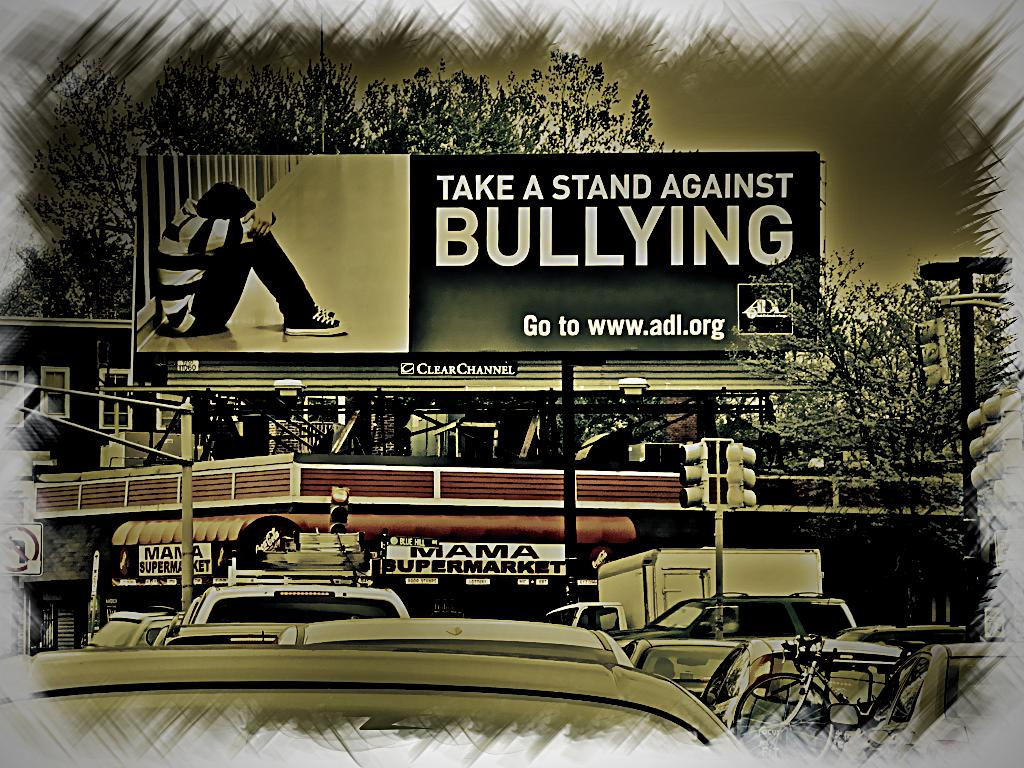Teenage violence is a growing concern to parents, teachers, community workers and state and national leaders. From fighting and date rape to school shootings, violence in teens is creating a lot of worry. As a society, it’s important for us to understand what causes violence in teens so that we can work together across religious, political and cultural lines to reduce and eventually eliminate this problem.
According to the CDC, homicide is the second leading cause of death between youth ages 10 to 24 years old. This alarming statistic reveals that teen violence is much more prevalent than it should be. Scientists and researchers have actively studied the causes of youth violence and have come up with some commonalities in the lives of violent teens.
Here are the top x common aspects of violent teens:
- Abuse: Whenever a child grows up with violence in the home, whether it is domestic abuse or child abuse, they are more likely to become violent as they grow. When they see their parents choosing violence as a way to resolve problems, they won’t learn alternative, non-violent coping skills.
- Violent friends: If your teen hangs around with other teens who use violence to solve problems, they are more likely to resort to the same tactics. This is a big reason why gangs are such a negative influence on teens, because to maintain control and resolve conflict, a lot of gang members resort to violence.
- Media: The heightened violence in the media, from movies to video games, shows impressionable teens that violence is fun and cool. It can also dull their senses to the awful aspects of violence and instead glorify it.
- Drug use: Substance abuse can trigger depression, frustration and anger, making it more likely that teens would have more violent outbursts. Teens who stop caring about their future and no longer feel empathy for others are more susceptible to violent tendencies.
- Mental illness: Whether diagnosed or unnoticed, mental illness can play a big role in a violent teen’s life. If not treated, the mental illness can skew the teen’s view on problem solving, heighten feelings of anger and aggression and block more rational thinking. If a teen is on medication and stops, the imbalance can cause additional problems for the teen.
Remember that not all teens who experience these will become violent and not all violent teens experience these factors. However, in looking at common things in the lives of violent teens, researchers are getting closer than ever to identifying key factors, and therefore coming up with methods to nip the bad behavior in the bud, before it can blossom into a full-blown problem.
As soon as we understand the root causes of teen violence, we’ll be better able to recognize the triggers at an earlier age and intervene. When parents, teachers and community leaders are on the same page regarding the health and happiness of children and teens, we’ll finally begin to see fewer news stories on teen violence.
Some Help Your Teen Now Related Articles
- What Did I Do Wrong, My Teen Is Violent?
- What Are The Signs Of Troubled Teen Violence
- Creating Healthy Relationships, Combating Teen Dating Violence
- Doing Your Part For Teen Dating Violence Awareness Month
- I’m Worried My Teen May Be In A Violent Relationship
- Parenting Focused On Preventing Teen Violence
- The Hard Facts On Troubled Teen Violence
- Treatment For Violent Teens










0 Comments